As the chill of winter envelops us, the allure of luxurious fur coats becomes irresistible, offering both warmth and timeless elegance. Fashion enthusiasts and those seeking to make a statement have long appreciated the unmatched craftsmanship and opulence of the world's top fur coat brands. From classic designs to modern reinterpretations, these brands uphold tradition while embracing contemporary styles that cater to a variety of tastes. Ready to discover the standout names that promise to elevate your wardrobe with their exquisite pieces? Read on to explore the best brands for fur coats.
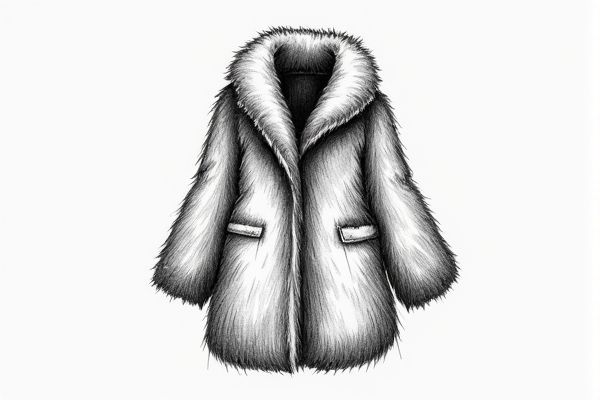
Illustration of fur coat
Best brands of fur coat in 2025
Fendi
Fendi is renowned as one of the premier producers of fur coats, celebrating nearly a century of craftsmanship since its founding in 1925. The brand has achieved a significant milestone by ensuring 98% of its leather production comes from Leather Working Group certified suppliers, and it is committed to sourcing 100% of its strategic raw materials responsibly by 2026. Fendi's fur collections, such as the 2015 Haute Fourrure show, showcase exceptional craftsmanship and innovative techniques, making fur a central element of its luxury offerings. The brand's dedication to ethical sourcing and transparency is highlighted through its adherence to international, national, and regional regulations, ensuring full compliance with animal welfare standards. Fendi's fur is present in around 34% of its women's outerwear assortment, reflecting its ongoing significance in the brand's luxury fashion portfolio. For more insights into Fendi's commitment to sustainability and responsible sourcing, visit their sustainability page.
Prada
Prada, while a renowned luxury brand, does not specialize in fur coats and has actually been moving away from using real fur in its products. The brand has focused on enhancing its production capacity, with a EUR60 million investment to expand its knitwear factory and improve existing plants, and has seen significant growth in retail sales, particularly with an 18% year-over-year increase in the first half of 2024. For more detailed information about Prada's initiatives, visit their official website.
Gucci
Gucci, although not primarily known for fur coats due to its shift towards more sustainable and ethical practices, has historically been a significant player in the luxury fashion industry. In 2022, Gucci generated EUR10.49 billion in revenue, with 36% of its revenue coming from the Asia-Pacific market and 22% from Western Europe. The brand's revenue is largely driven by leather goods, shoes, and ready-to-wear apparel, rather than fur products. As of 2022, Gucci operates 528 stores globally, with a strong presence in Asia-Pacific. However, Gucci has been transitioning towards more eco-friendly and cruelty-free alternatives, reducing its reliance on fur. For more detailed insights, visit the Gucci topic on Statista.
Louis Vuitton
Louis Vuitton, a pinnacle of luxury fashion, continues to feature fur prominently in its collections, despite the global decline in the fur trade. The brand, part of the LVMH group, has seen significant revenue growth, with $75.9 billion in revenue in 2021, and it remains a key supporter of the fur industry through its high-end and niche artisan market strategies. LVMH's commitment to sourcing fur with the "best standards possible" and its investment in Furmark certification aim to address animal welfare concerns. However, the brand faces ongoing criticism from animal rights advocates. Louis Vuitton's influence in the luxury market is substantial, with a market capitalization of $306.18 billion. Explore their latest oversized faux fur coat collection for a blend of style and ethics.
Hermès
Hermes, although renowned for its luxury goods, is not primarily known for producing fur coats. The brand specializes in leather goods, silk scarves, and other high-end products. In 2021, Hermes generated approximately 8.9 billion euros in sales, with over 45% of its revenue coming from leather goods and saddlery products. The company's strong performance is driven by its exclusive and high-quality products, such as the Birkin and Kelly handbags, which often appreciate in value over time. Hermes' commitment to quality and artisanal craftsmanship has made it a leader in the luxury market. For more information about their exquisite products, visit the official Hermes website.
Valentino
Valentino, a renowned luxury fashion brand, is not specifically highlighted as a leading producer of fur coats, although it does offer high-end fashion items including couture, ready-to-wear, and accessories. The brand, founded in 1960 by Valentino Garavani and Giancarlo Giammetti, is known for its excellence in craftsmanship and unique aesthetic. However, the brand's focus has shifted towards sustainability, with many luxury brands, including Valentino, adopting fur-free policies to meet consumer demands for sustainable and ethical fashion. In the United States, Valentino enjoys a brand awareness of 68% among luxury fashion owners, with 9% of these owners actually owning Valentino products. Valentino's sales totaled 882 million euros in 2020, reflecting its strong presence in the luxury market. Discover more about their commitment to sustainable fashion by visiting the World of Valentino.
Yves Saint Laurent
Yves Saint Laurent is renowned for its innovative and luxurious fashion designs, although it is not specifically highlighted as a leading producer of fur coats. However, the brand is celebrated for its significant contributions to fashion, including the introduction of the "Le Smoking" tuxedo suit for women and popularizing women's trousers. Under the leadership of CEO Francesca Bellettini and creative director Anthony Vaccarello, Saint Laurent has seen a substantial growth in sales, with leather goods making up 71% of its global revenue in 2023. The brand's focus on ready-to-wear and its iconic designs have made it a powerhouse in the luxury fashion industry. Despite the shift towards ready-to-wear, Saint Laurent's legacy in haute couture remains unparalleled.
Burberry
Burberry, a renowned British luxury fashion house, has solidified its position as a leading producer of high-quality fur and heritage raincoats, driven by a 36% year-on-year increase in outerwear sales, particularly its iconic trench coats. The brand's revenues jumped by 18% between April and June 2023, largely fueled by a 46% growth in mainland China and significant increases in Japan and the South Asia Pacific region. The strong demand for its heritage raincoats and leather goods, such as the vintage check bags and Frances bag, has been a key factor in this sales surge. Despite economic uncertainties, Burberry remains confident in achieving its full-year 2024 and medium-term revenue target of PS4 billion. The brand's recovery in China post-Covid lockdowns has been a significant contributor to its success. For more insights into how Burberry's designer raincoats remain a must-have despite inflation, visit City AM.
Dior
Dior, a renowned French luxury goods company, stands out as a premier producer of fur coats, showcasing exceptional craftsmanship and high-end quality. Since its founding in 1946 by Christian Dior, the brand has consistently pushed the boundaries of fashion, with its Christian Dior Ready-to-Wear Fur Collection launched in 1973. This collection, manufactured under license in the United States, Canada, and Japan, highlights Dior's commitment to luxury and innovation. In 2022, Dior's revenue from fashion and leather goods, which includes fur coats, reached EUR30.90 billion, demonstrating the brand's significant market presence. Dior's attention to detail and excellence in savoir-faire continue to make its fur coats highly sought after by fashion enthusiasts worldwide.
Versace
Versace, although a renowned luxury fashion brand, has pledged to stop using real fur in their designs. This decision aligns with the broader industry trend driven by animal rights campaigns and changing consumer preferences. As of recent years, top fashion houses like Gucci and Versace have committed to using alternative materials instead of real fur. For more insights on Versace's financial performance, you can explore the turnover statistics of Gianni Versace.










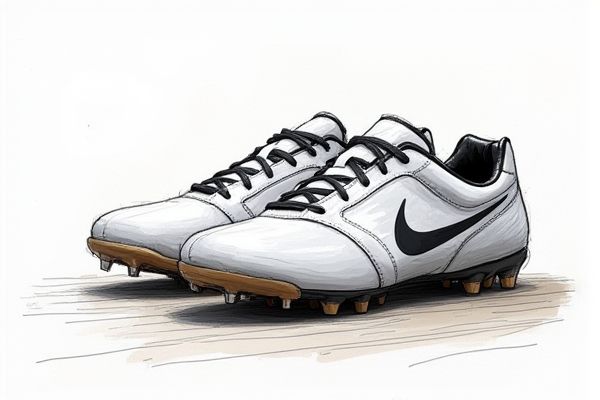
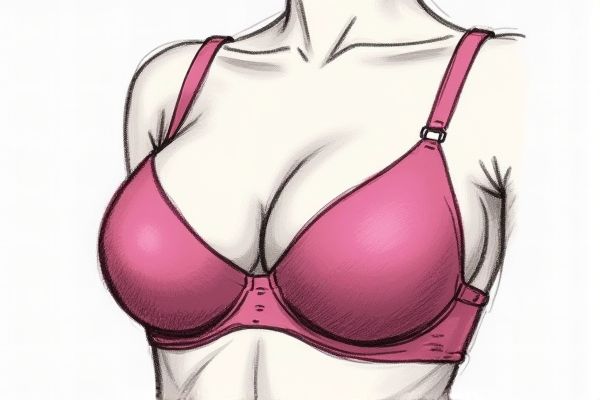
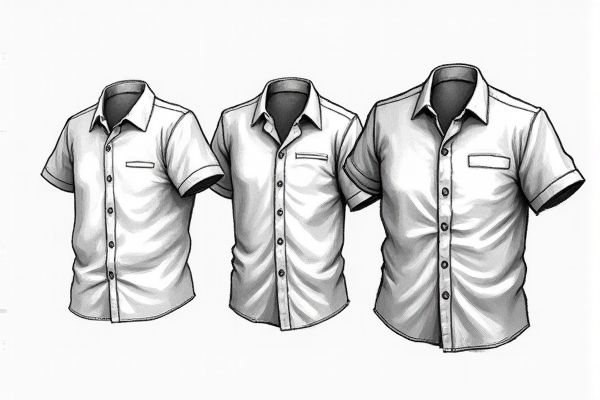
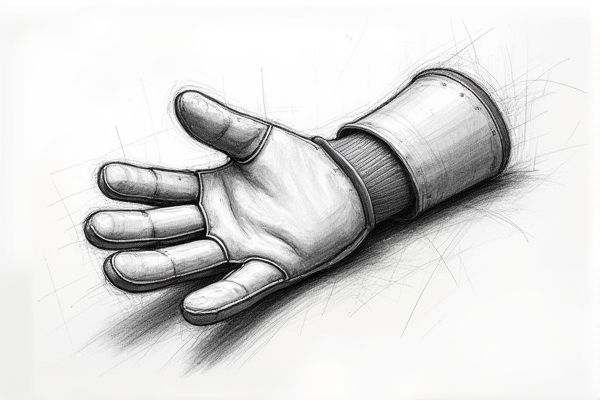
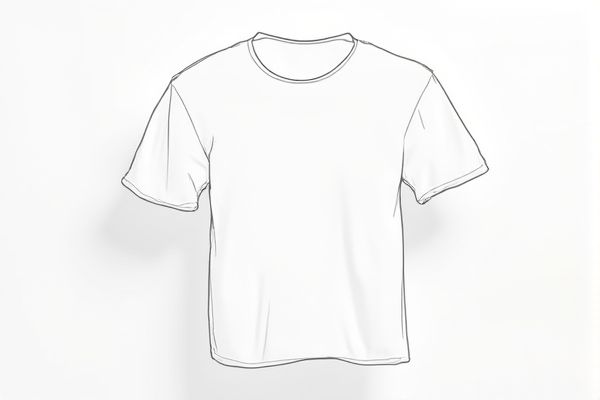
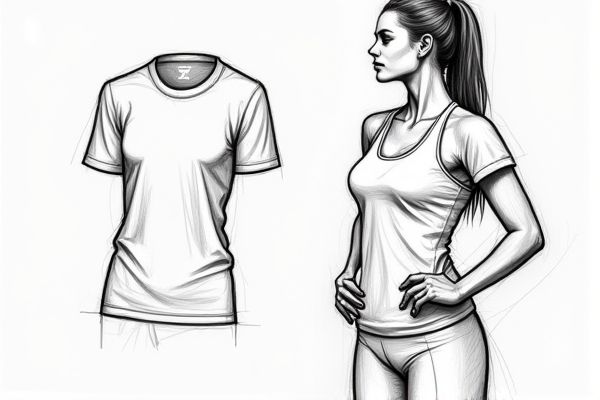
Leave a Reply
Your email address will not be published.